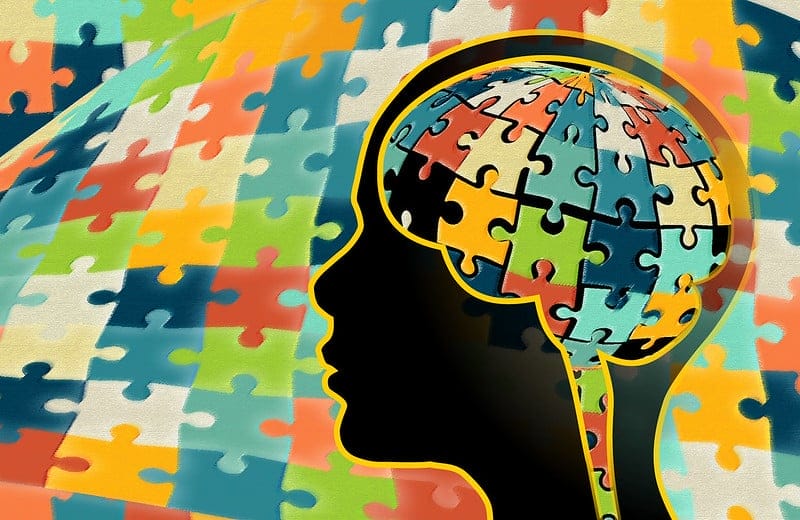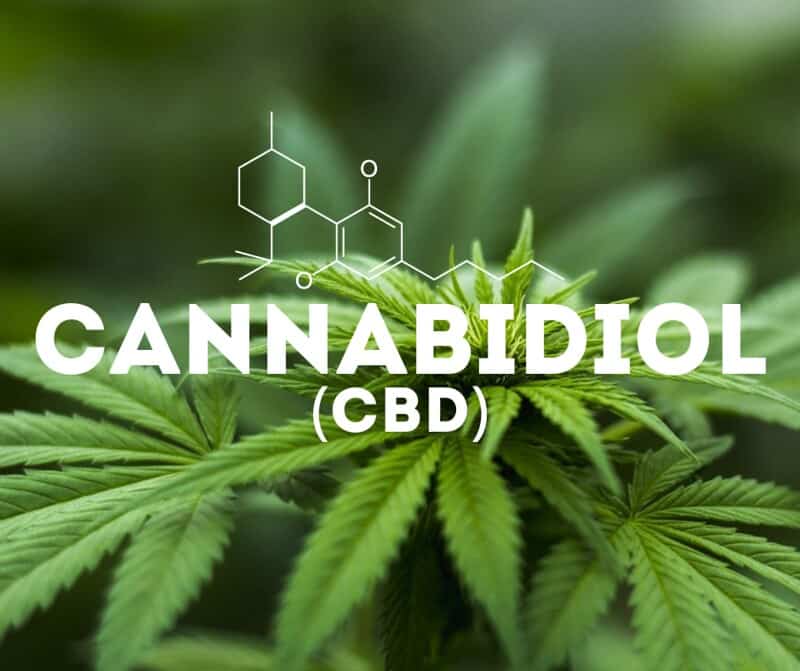As far as Western society has come when it comes to the acceptance of illness, we still have a long way left to go. There are still many misconceptions out there as to what many illnesses really are, what it means to have them and what dealing and treating these issues entail. Often, this is a problem exacerbated by a mass media, which too often only paints the most basic of pictures.
For the sake of progress, and our own better mental outcomes, this is a reality we need to address.
Too often we internalize our own need for medication as a weakness of character, even if we understand on an intellectual level that this is not the case. While there is no magic way to instantly overcome this problem, if we properly recognize the realities of how and why we need medication, over time, we can greatly reduce future uncomfortable feelings or guilt.
The first thing that we need to recognize is that, when we look at the history of illness, we’re only getting a very limited picture. It might seem that the rates of many illnesses today – especially mental illnesses – seem to be skyrocketing. What is actually happening, however, is that we are largely seeing greater numbers because our methods of detection are so much more improved – as is our awareness of such conditions and ailments, in several cases.

“Autism” (CC BY 2.0) by NHGRI Image Gallery
This is a common problem seen in the world of disorders on the autism spectrum. While some have rushed to claim rises in the commonality autism prevalence is an “epidemic,” experts point to a growing overall awareness of what autism entails, alongside changes to diagnostic criteria as leading this reported growth.
This same notion applies to a whole range of illnesses in years gone by. An illness you have isn’t because you’re weaker than the people of the past; it’s that, in many cases, the people who came before us had no concept of their issues and that they tended to underplay their pain through the stoic traditionalism society espoused at the time.
Make no mistake; people throughout history suffered just as we did, only they pushed it down, making the chances of recovery that much lower.
The other side of acknowledging our medical realities comes from how we measure ourselves against others. The hypothetical perfectly healthy person is an astounding creature, capable of consistently amazing feats with a seemingly endless amount of cheer and endurance. Of course, real people who fit these criteria are around one in a million.
The rest of us all suffer from some malady or another, whether we realize it or not. Sometimes the cause of this is environmental, other times it is because our bodies underdeliver on some front.
Take, for example, recent research done on Clinical Endocannabinoid Deficiency (CED). The idea behind this deficiency is that some people’s bodies simply do no balance this aspect correctly, leaving our levels wanting and creating potential concerns such as migraines, IBS, or fibromyalgia. While you can read more here, the outcome of this is that some of us might need an artificial dose to bring our levels to those of the hypothetical “perfectly healthy” human.

“CBD Cannabidol Oil Stock Photo, Free To” (CC BY 2.0) by Chemist 4 U
It’s not that the medicine we can use for both physical and mental issues means that we are cheating, as we might think, but rather it’s us trying to take the same starting position as others. This isn’t unfair, it doesn’t make us weak, and it’s not a lazy shortcut.
As we said, understanding these realities and fully internalizing them are two very things. For many, only through consistent effort and affirmations will these realizations begin to overcome our natural negativity.
Understand this, work at it, and never let the opinions of the uninformed stick in your head any longer than necessary, and your chances of better long-term mental health outcomes will be all the greater.
Good luck, and know that millions of others are cheering you on, even if you can’t see it right now.
The Editorial Team at Healthcare Business Today is made up of skilled healthcare writers and experts, led by our managing editor, Daniel Casciato, who has over 25 years of experience in healthcare writing. Since 1998, we have produced compelling and informative content for numerous publications, establishing ourselves as a trusted resource for health and wellness information. We offer readers access to fresh health, medicine, science, and technology developments and the latest in patient news, emphasizing how these developments affect our lives.







